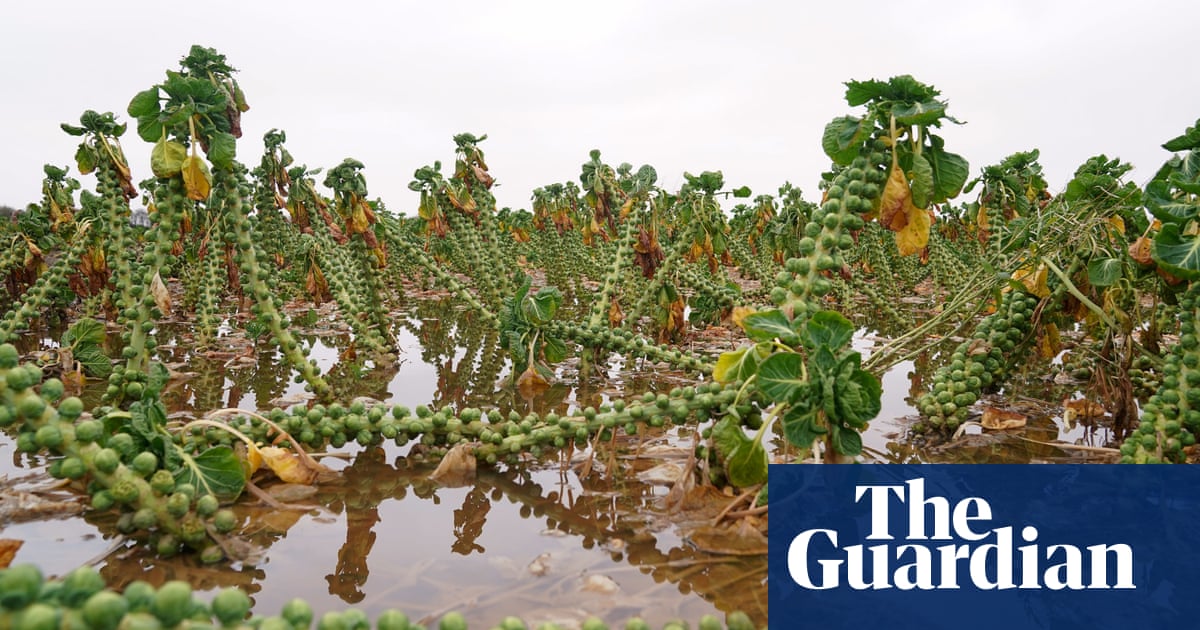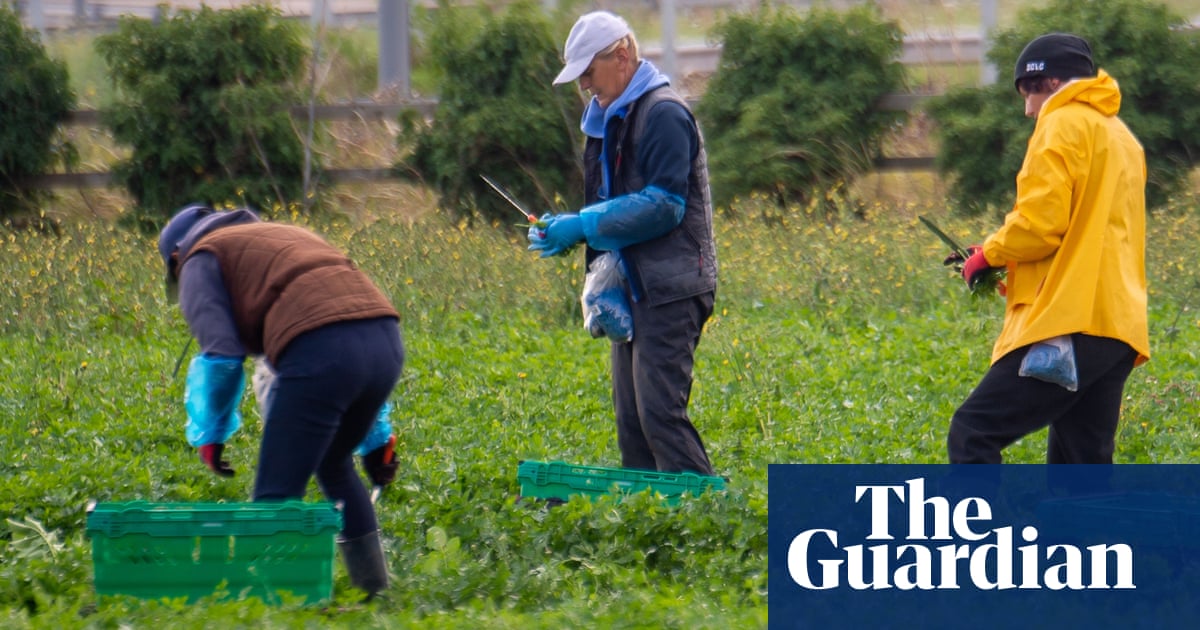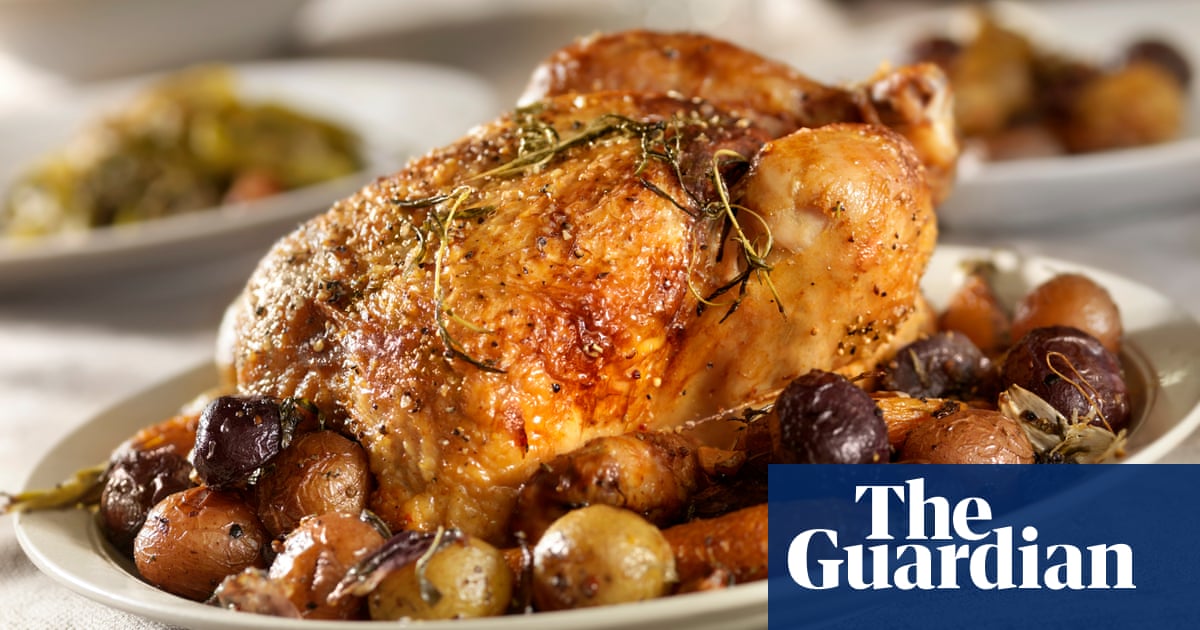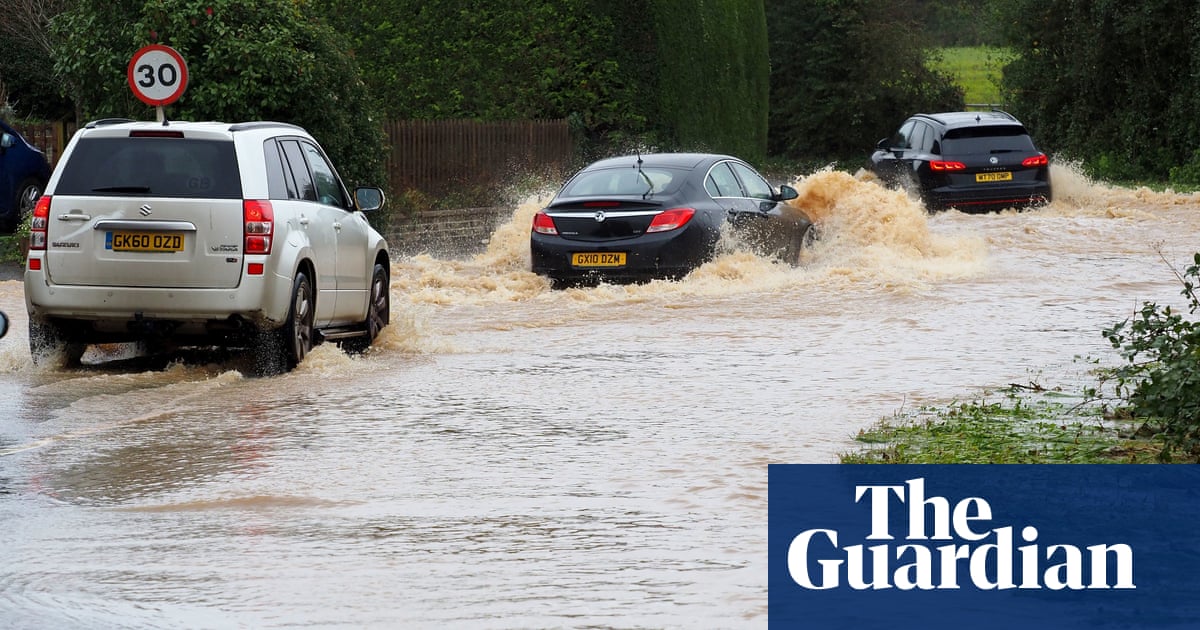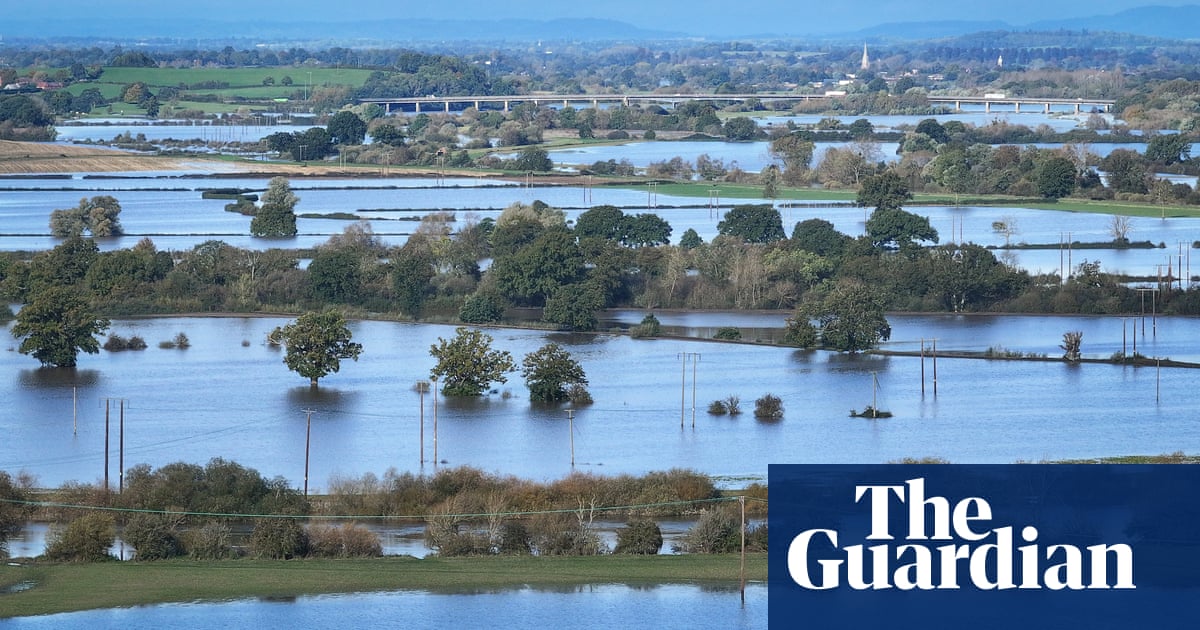
British farmers are considering walking away from their farms as the recent record run of wet weather has left the sector “on the brink”, rural bodies have warned.
The Agriculture and Horticulture Development Board (AHDB) and the Soil Association raised concerns over the perilous situations facing many in their industry, with profits being squeezed and extreme weather driven by the climate crisis putting financial and mental strain on farm owners.
Helen Browning, the chief executive of the Soil Association, said: “A lot of farmers are really considering their options, and thinking about walking away from their farms, as they could make far more money doing something else.”
Browning, who runs a livestock and arable farm in Wiltshire, added: “If you were economically rational, you wouldn’t farm.”
The trade bodies’ comments came during a briefing on Thursday run by the Energy and Climate Intelligence Unit (ECIU) thinktank ahead of the second annual Farm to Fork summit being hosted by Rishi Sunak at No 10 next week.
The summit is expected to discuss the UK’s future food security against the backdrop of extreme wet weather that has affected four in five farms in the past 12 months.
The UK has been hit by 11 named storms since September, and experienced the wettest 18-month period since records began in 1836.
Tom Clarke, a board member at the AHDB, said the biggest effect on farms this year had been the poor weather, with many farms planting fewer crops, or no crops at all, due to fields being flooded. “It’s been a hell of a year, I think farmers across the UK are really on the brink, not only mentally, but financially and ecologically as well.”
Clarke, who farms wheat, sugar and other combinable crops in Cambridge, said the rain meant some of his fields had no crops for the first time in decades, while a large percentage of those planted were in bad condition.
The AHDB’s arable crop report for April showed that only 45% of winter wheat was rated as being in good or excellent condition in the month, well below the 88% in the same period last year.
Clarke also pointed to the phasing out of EU basic payment scheme subsidies as another challenge faced by farmers. The payments were supposed to be replaced by the UK government’s sustainable farming incentive subsidies, but the rollout of these has been delayed.
“This means that there is less money in the system for farmers, that affects the viability of farming economics in this country,” he said.
Last week, the National Farmers’ Union annual survey revealed that farmers’ confidence had hit its lowest level in at least 14 years, with 16% of respondents saying their farms were not profitable and may not survive – the highest percentage ever recorded.
Thursday’s ECIU briefing also heard from the Food Foundation charity, which warned that the climate crisis in the UK and overseas was leading to price volatility and many British households were unable to cope with soaring costs.
Anna Taylor, the charity’s executive director, said: “Inflation may be out of the news but a basic food basket remains 25% higher than it was two years ago and wages have not kept pace.
“The result is 8 million adults and 3 million children living in food insecurity and struggling to put food on the table.”




